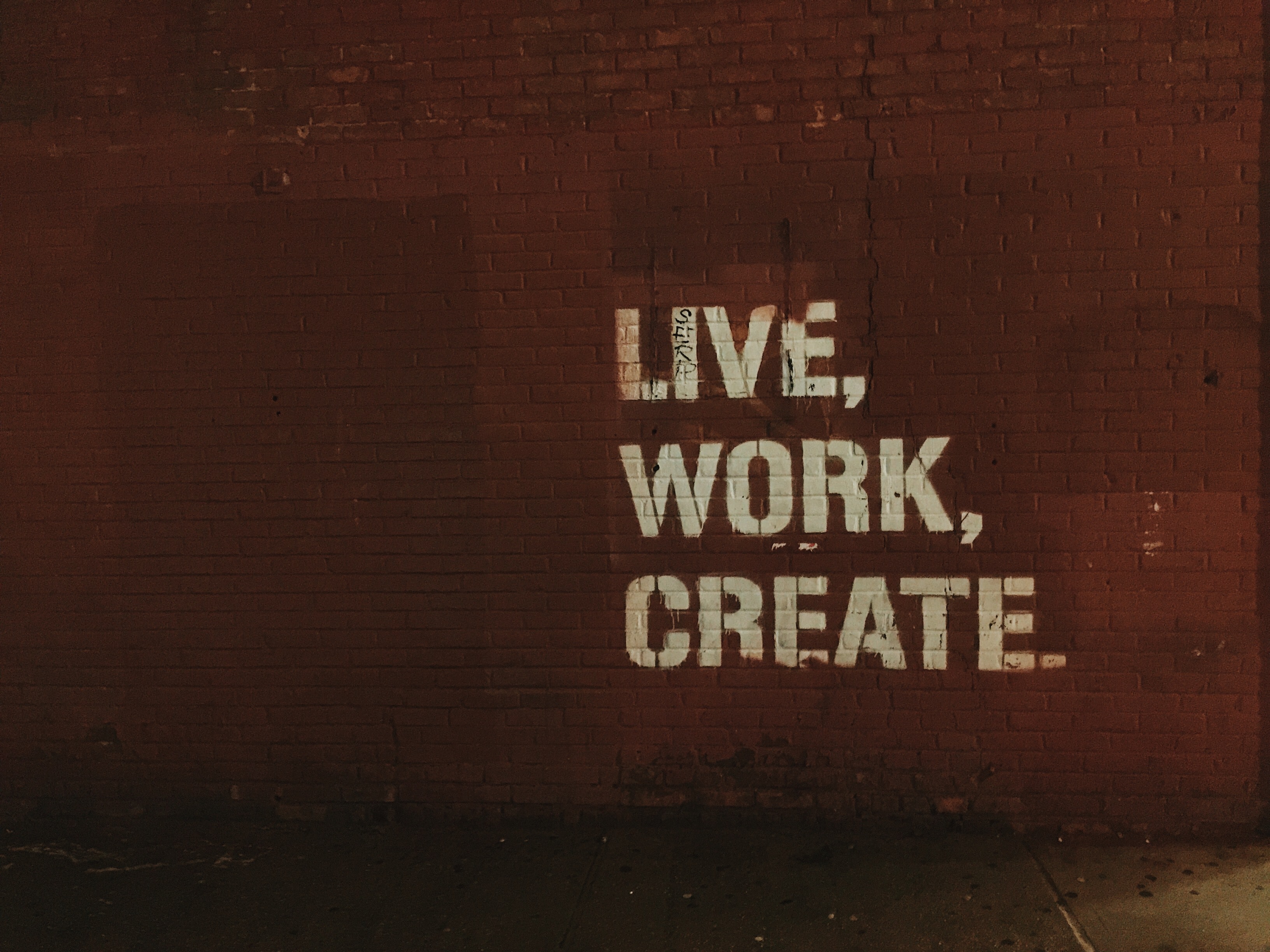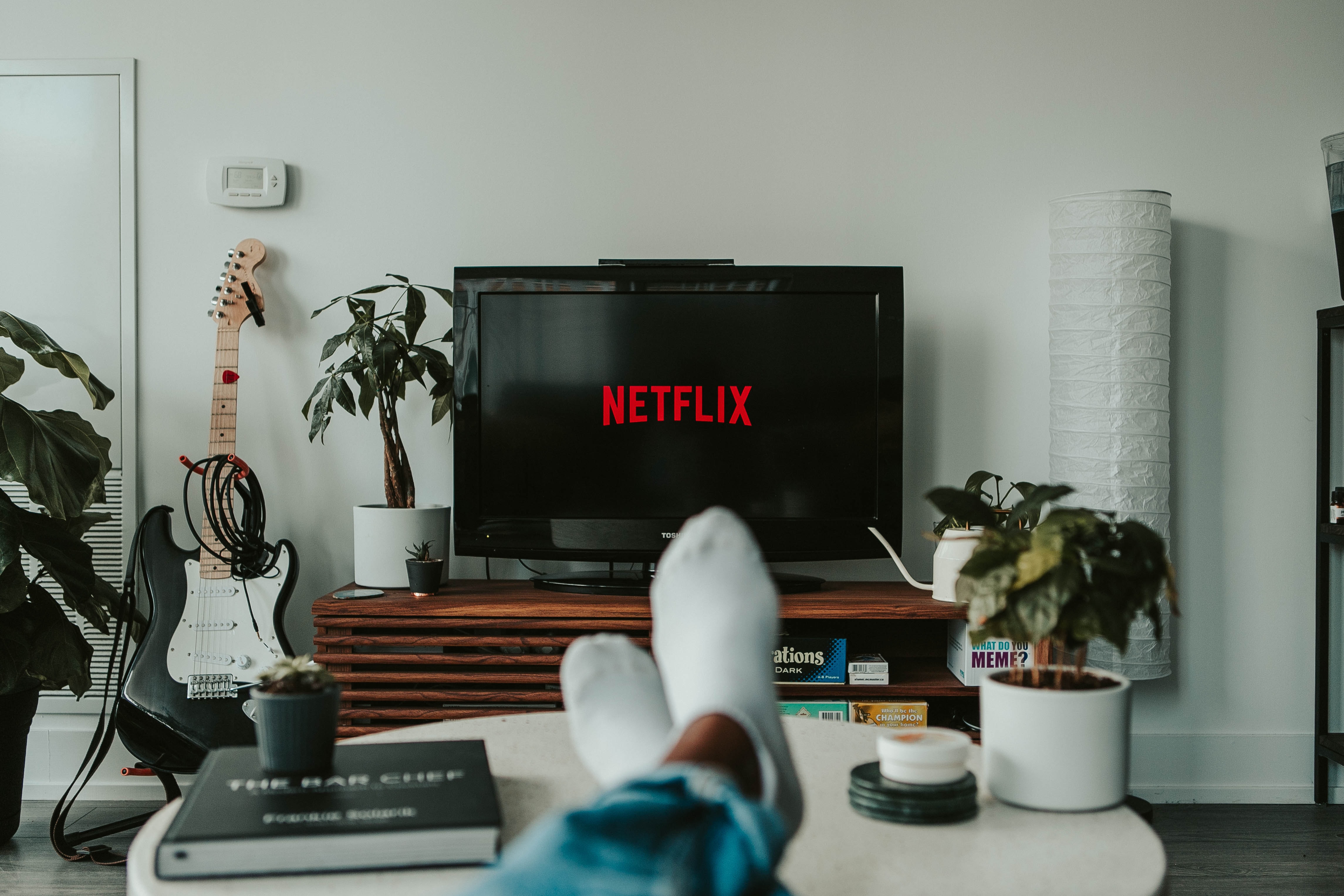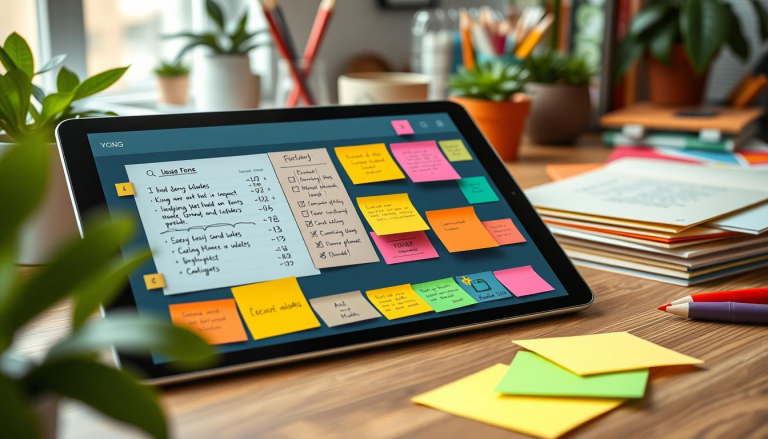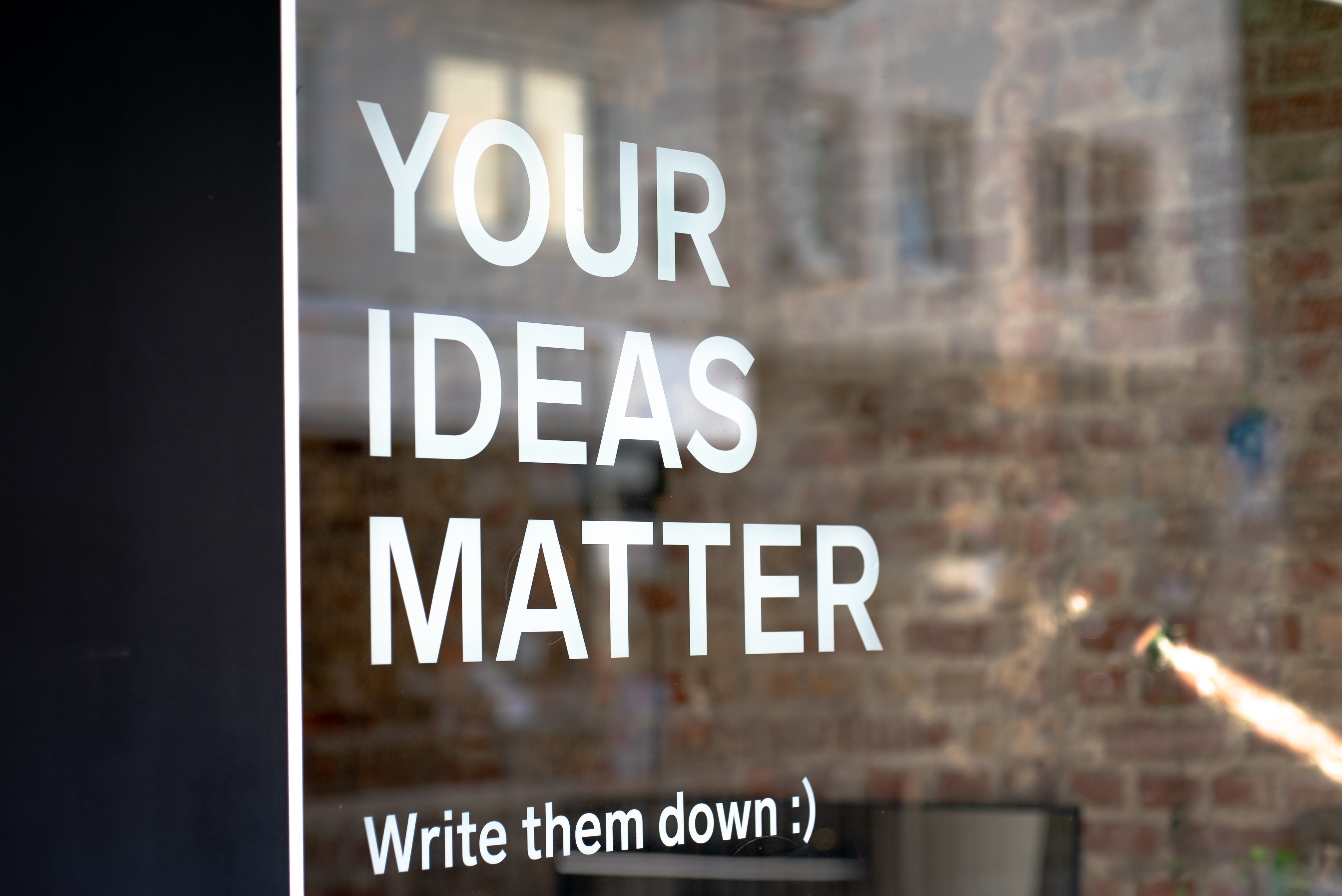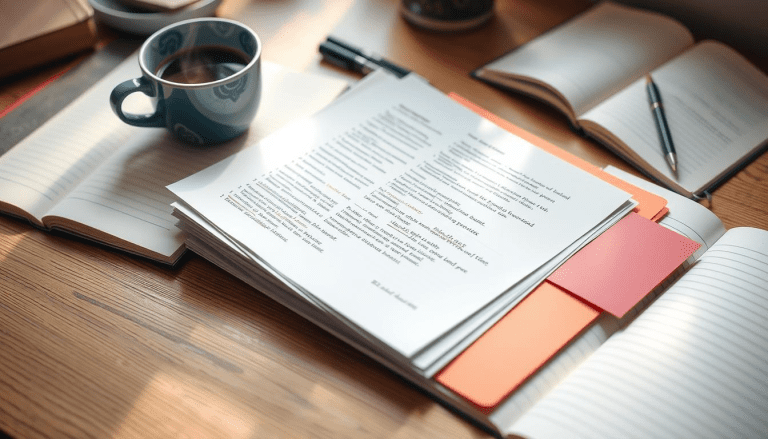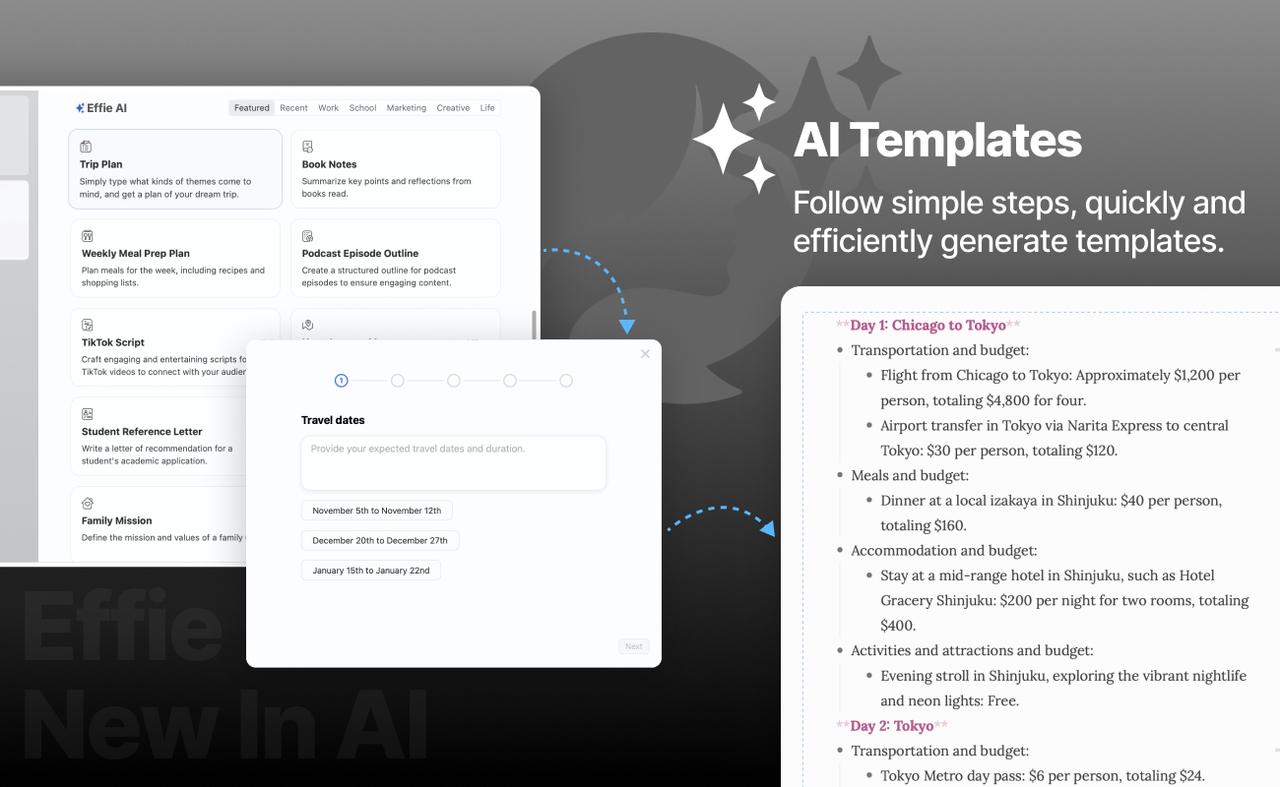How to Get Things Done When You Have the Least Motivation
If you’re having a hard time trying to stay motivated for study, work and life, you’re not alone.
Regardless of whether you see yourself as a productive person, you can still have lazy days when you lack the energy to do anything.
So being motivated and productive is not exactly a fixed characteristic, but rather, a state.
It fluctuates over time. Today you may feel highly motivated, and tomorrow, who knows?

What can do you to STAY motivated then? Read on to find out four ways to trick your brain into getting things done.
How to stay motivated even when you’re not in the mood
Our brain loves simple things.
When we’re making choices between fun and hard work, our brain will have a quick cost-benefit analysis. The higher the cost, the less likely we’ll act on it. That’s why we normally choose fun over hard work.
But if you try the following four tricks, you’ll start working even when you don’t want to.
1. The two-minute rule
Whenever you get overwhelmed by tasks or don’t know which to start first, your brain will simply interpret this into:
You know what? Let’s just do something easier instead, e.g., watch Netflix.
And that’s how you find yourself starting to watch shows within the next minute.
It may seem that you’re having a good time. Yet deep inside, you feel guilty for not opening that book that you bought a month ago, having that meal where you’re supposed to have two hours ago, or keeping a daily journal that you planned to do so ever since last month.
What can you do to get all these things done when you don’t even want to take a step away from the couch?
As simple as how you talk yourself into watching shows. Here’s how:
- Take a pause from whatever you’re currently doing; and
- Ask yourself if you can:
-
- grab that book and open it;
- walk to the kitchen; or
- open a writing tool (e.g. Effie) on your phone.
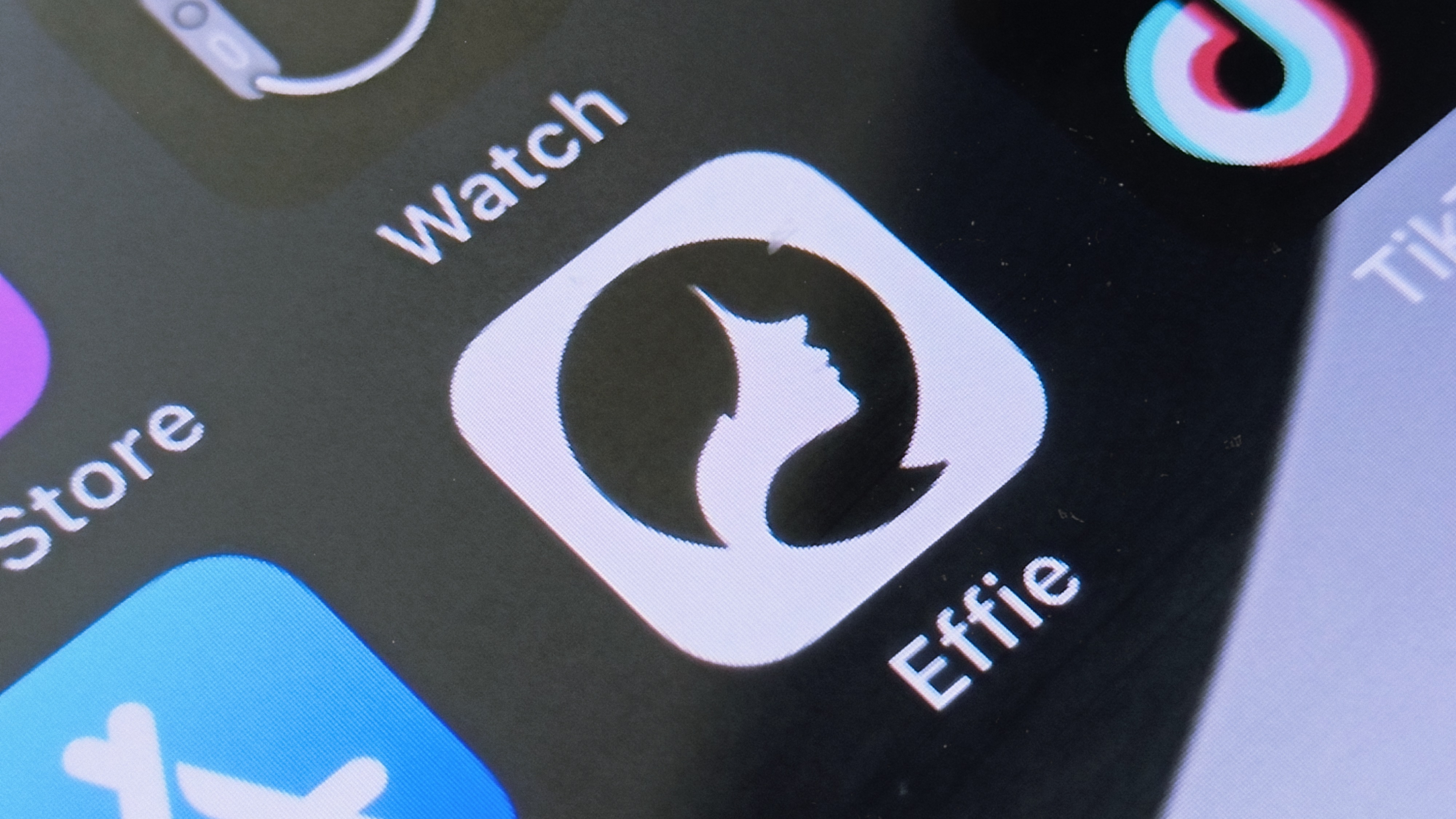
If the answer is yes (hopefully), then don’t hesitate and do it right away.
If no, try to simplify the task again like this:
Grab that book and open it —> Grab that book
Walk to the kitchen —> Get up off the couch
Open a writing tool on your phone —> Get your phone
The idea is to simplify a task as much as possible, so you’ll find it easy enough to act on rather than getting too intimidated and overwhelmed to start.
Once you get the book, show up in the kitchen and open Effie, you’ll start doing the rest with no extra effort needed.
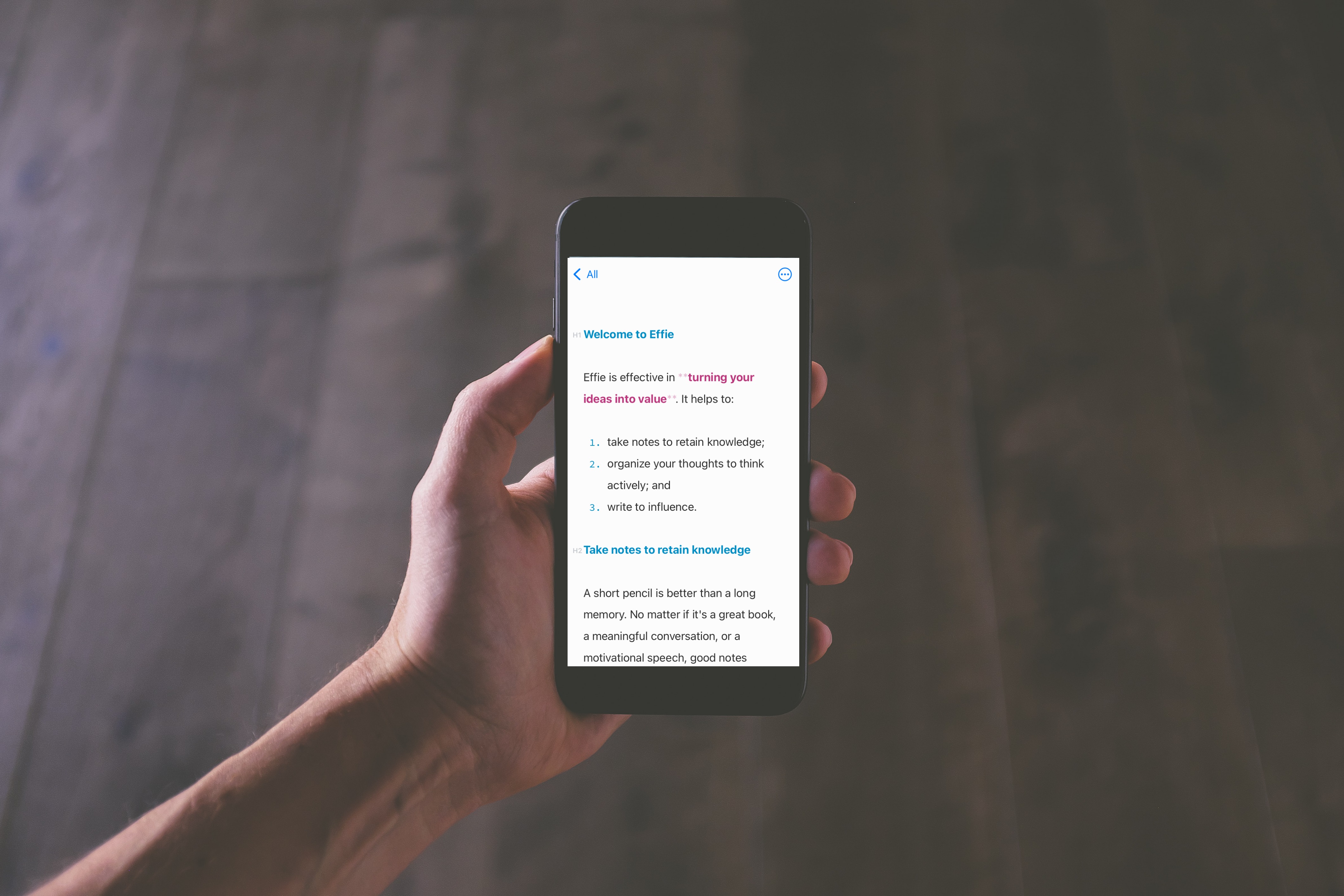
This is the two-minute rule coined by David Allen in his book, Getting Things Done, a simple tactic to trick your brain into boarding the train first and the rest happens naturally.
Once the task is simplified, you’re more likely to do it right now rather than wait until later.
2. Make entertainment a delayed satisfaction
How come playing video games sounds a lot easier than writing a book?
Because when you think of video games, you’ll think of the excitement of landing in a new chapter, the joy of victory, and the sense of accomplishment, while you simply won’t picture writing books this way. The word you’re looking for, however, might be:
“hard”, “impossible”, “terrifying”…
What if there’s a way to converse the situation — making entertainment a delayed satisfaction while task less of a chore?
Think for a moment if you have easy access to the things you like. For some video game lovers, they might even optimize their setups to make sure they can jump right into the game and have the best experience throughout the game.
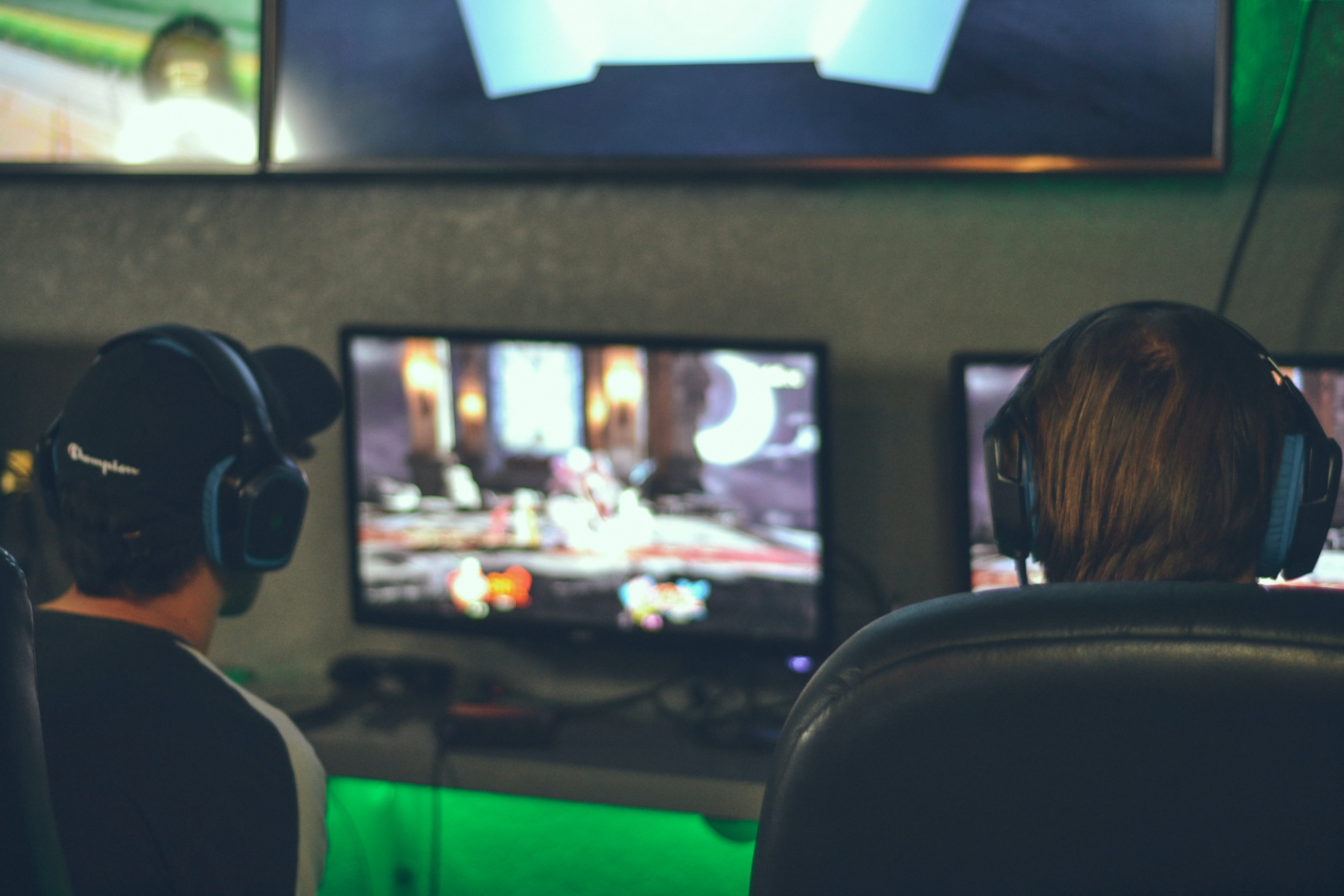
So to make it less entertaining, you can simply cut out all the conveniences:
- Put your computer at the other end of the room;
- Ask for passwords every time you log in;
- Schedule an automatic shutdown for your laptop; and
- …
The idea is to make it harder for you to access video games next time. And when you do finally get everything ready for it, your might have lost your interest already.
I’m not saying that you should avoid having fun. Please do have as much fun as possible.
But if you want to have a little bit of control over the time spent on entertainment, you can simply realize that by adding some friction between you and entertainment. And you can use the time saved to get the real job done.
3. Follow the Parkinson’s Law
Cyril Northcote Parkinson wrote in The Economist in 1995 that, “it is a commonplace observation that work expands so as to fill the time available for its completion”, a concept that is never too old to follow even today.
It basically means you can actually do more work with less time.
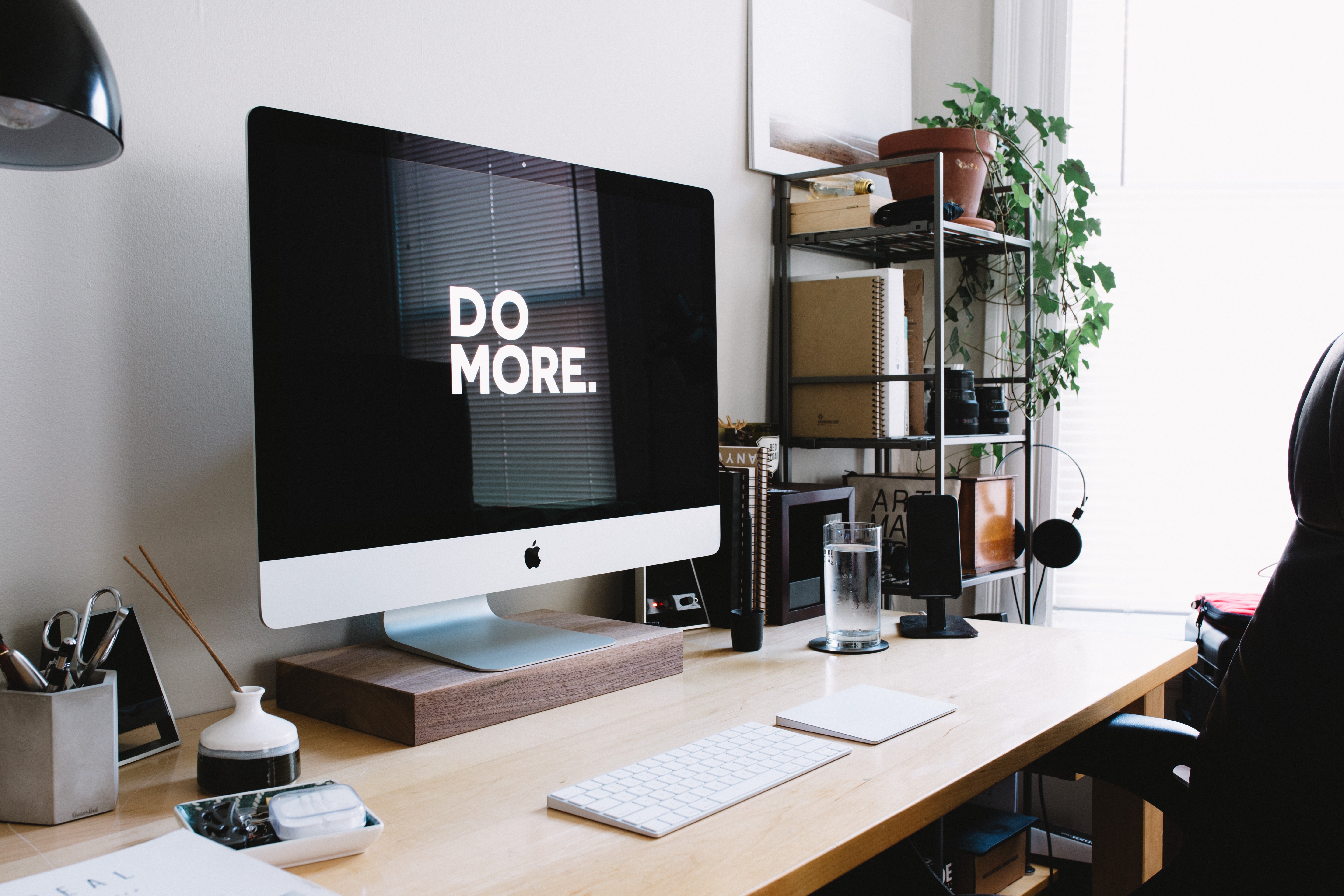
How so?
Let’s just say you need to submit a 1,000-word essay in two weeks. Do you think it would be any different if you have only 5 days to work on the same project?
Ideally, more time on the project means a better result. But then it’s just too hard to not fall into the perfectionism-procrastination loop:
You wish the best for it and get scared when things not going your way. So you keep putting it off until you realize you only get 24h left.
That’s when you suddenly begin to prioritize your project over anything else and EAT THAT FROG, a frog you think it’s too overwhelming to eat at first yet somehow you manage to swallow it down in the last 24 hours.
See? You’re way more productive than you think.
So next time when you’re finding excuses for not starting your work or study, try pushing yourself a bit harder (not too hard though) with tighter deadlines. For instance:
- clean my room tomorrow —> clean it this afternoon
- go to the gym starting next week —> put on your sports shoes today
- write a book next year —> write 500 words once a week
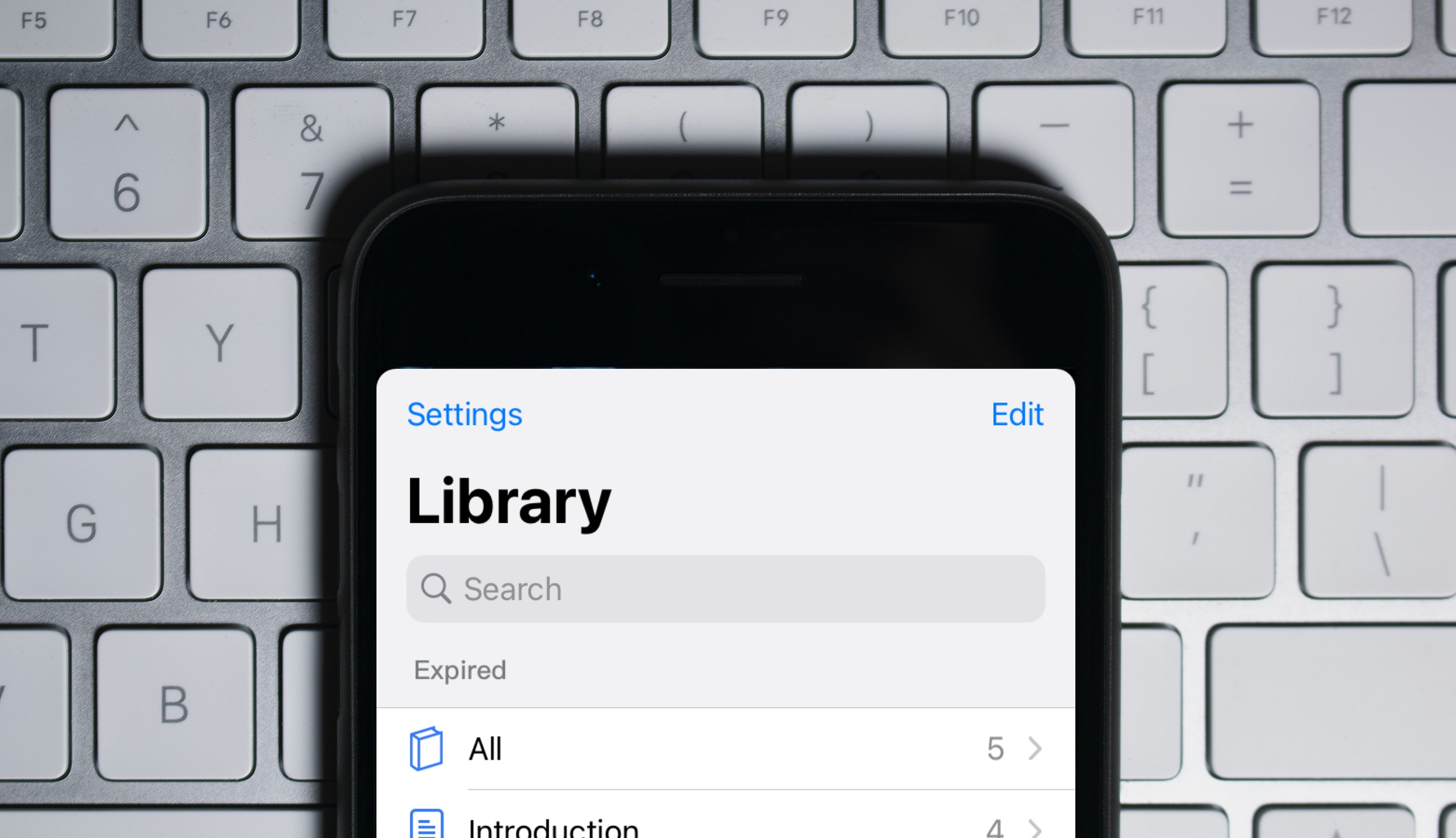
Once you complete these little tasks one after another, no matter how trivial they may seem to you, you’ll then feel as though you have control over your time and life, which allows you to accomplish even more later.
This is how you keep productive.
4. Get in touch with yourself
I’m sure you all have unexpected and brilliant shower thoughts from time to time. In fact, that’s when the best ideas take place.
Why’s that?
As Scott Barry Kaufman, a cognitive scientist and humanistic psychologist put it, “the relaxing, solitary, and non-judgmental shower environment may afford creative thinking by allowing the mind to wander freely, and causing people to be more open to their inner stream of consciousness and daydreams”.
So the environment does matter. If the shower provides such space for us to think actively and creatively, why not have some more?
Not just showers, there are various other activities that work the same way. For instance,
- have a walk in nature;
- keep a journal or simply write down your random thoughts;
- meditate;
- cook;
- do some ironing; and
- …
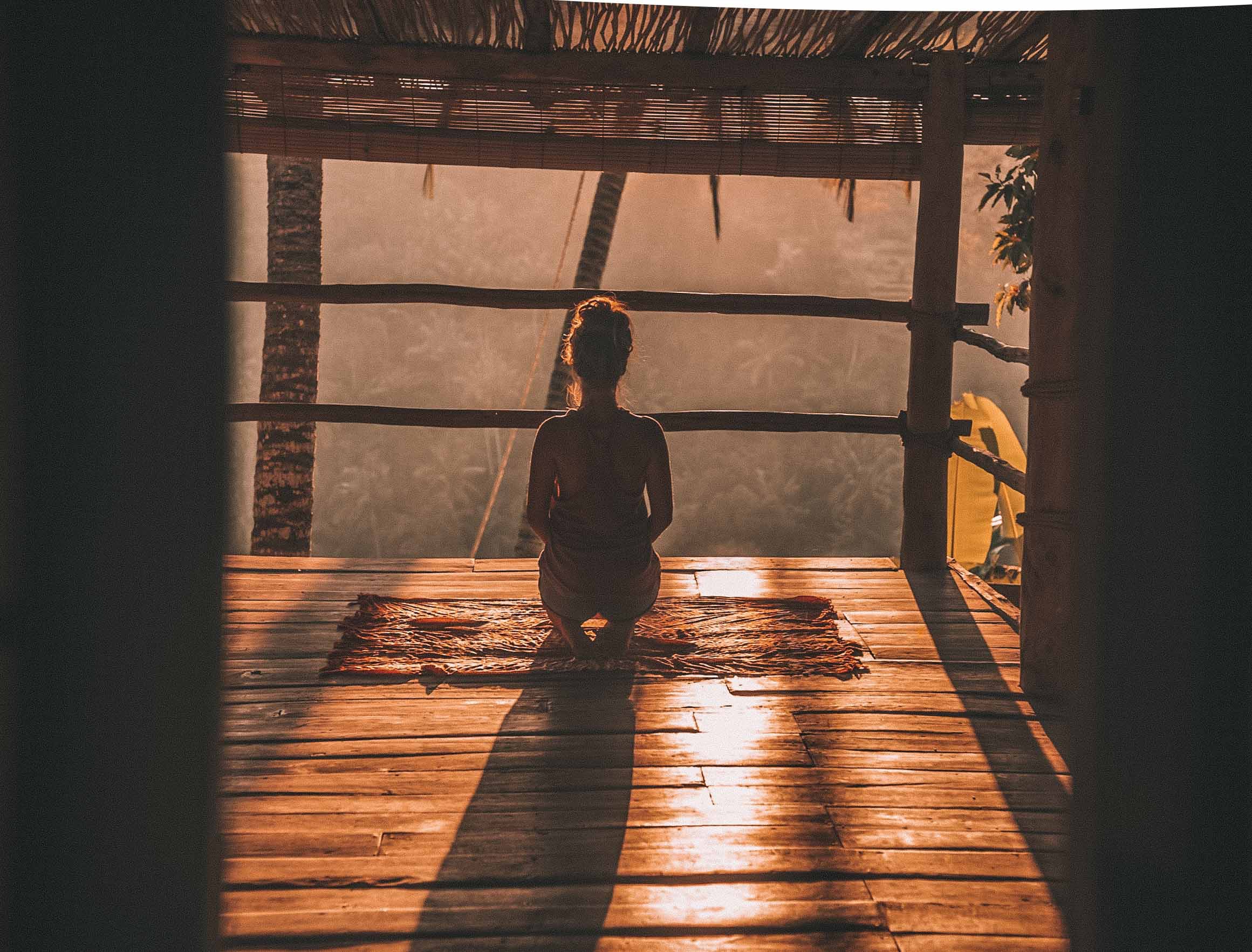
These activities won’t take much of your time yet work extremely well to organize your thoughts, help you realize what really matters at present, and find a moment of inner peace.
With the above-mentioned tricks, to work, or to have fun, it’s no more a question.

